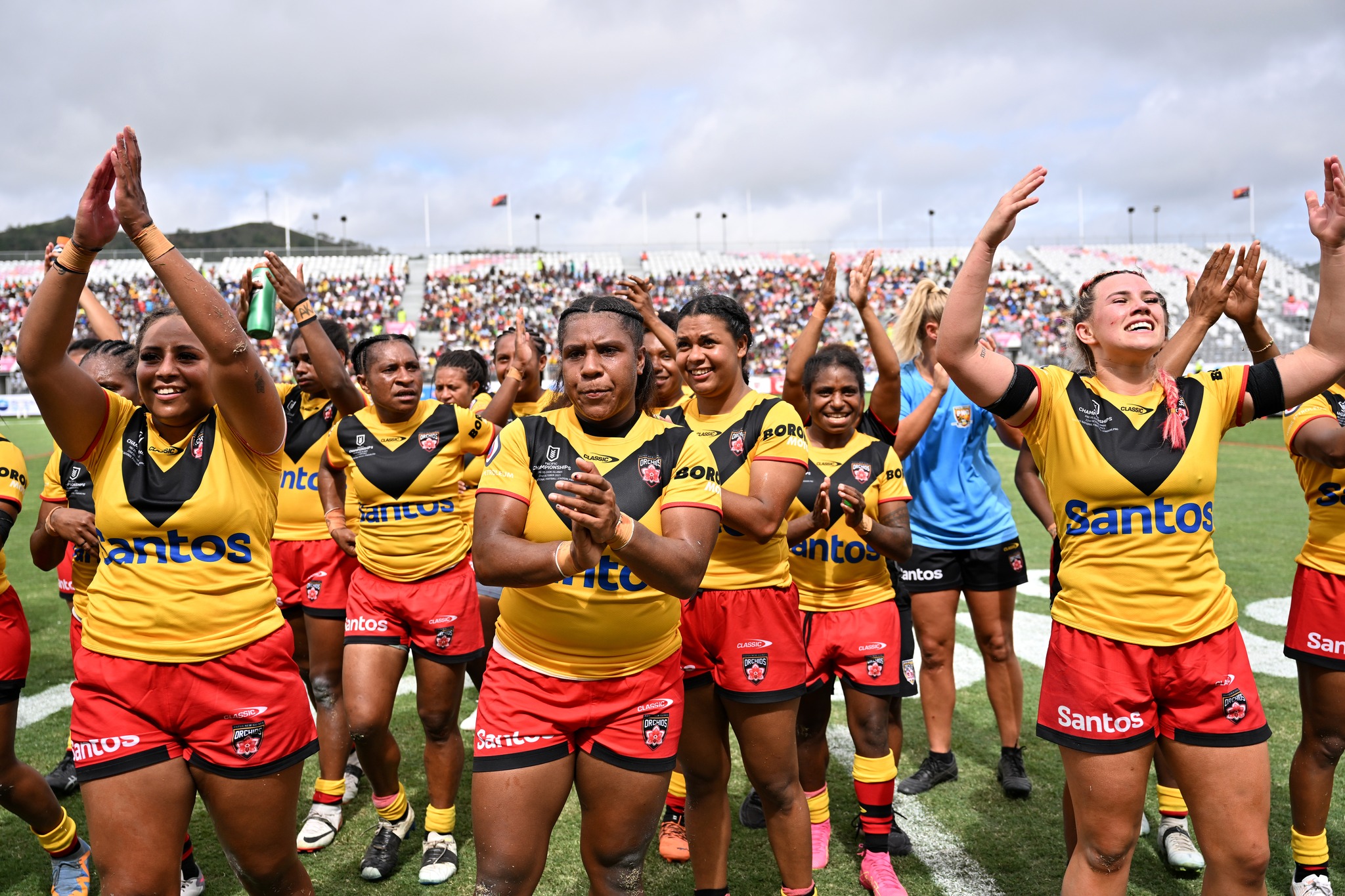
How odd it is that Australia, trying to strengthen its Southeast Asian relationships, is almost ignoring one of its most effective diplomatic tools—sport.
The country’s expertise in sports diplomacy and development can and should be used to generate trade and investment, to build national and personal relationships and to help engage Southeast Asian publics, at both elite and community levels.
There is ‘nothing like sport to open doors,’ says Grant Jarvie, chair of sport at the University of Edinburgh. It can help overcome estrangement, transcend politics, change stereotypes and encourage informal diplomacy.
Its value in Southeast Asia is all the more evident when we remember that, as elsewhere in Asia, good business and political relationships there are built on friendships. And many Southeast Asian business leaders and politicians also sit on the boards of clubs and international governing bodies.
Yet sport was barely mentioned at the ASEAN-Australia Special Summit of 11 countries held on March 4–6 in Melbourne and not at all in the declaration issued at the end of the meeting. Yes, the meeting was focused on business and investment, but sport was worth discussing even within that scope: in Australia, it generated 0.8% of gross domestic product in 2016–17, the last time it was measured.
The word ‘sports’ appears twice in Nicholas Moore’s 200-page report on Australia’s economic strategy in Southeast Asia, published in September. Eyeing high-income travellers, the report says ‘the “Green and Gold Decade” of major sporting events, culminating in the Brisbane 2032 Olympics and Paralympics, will be a drawcard for additional visits.’
And that’s it? We should just use our number-one soft-power asset, sport, to attract some rich Asian tourists? The report makes no mention of the sports industry, sports business, sports tech, the federal sports diplomacy strategies, or the fact that sport, music, art and other soft power tools would surely be utterly vital to winning Asian hearts, minds, and wallets.
Australia has led the world in both the theory and practice of sports diplomacy. Australian governments have invested in two world-renowned efforts in the field—PacificAus Sports and Team Up. Most of the action takes place in the Indo-Pacific region, and we have accrued an impressive collection of trophies over the past decade. PacificAus Sports and Team Up programs are highly impactful.
There have also been examples of Australian sports diplomacy in Asia. Perhaps the most important was Australia’s move from the Oceania Football Confederation to the Asian Football Confederation, which, in the words of Asia Society Australia chief Anthony Bubalo, finally gave us a ‘significant sporting relationship’ with the region.
Among the smaller efforts, Match Australia was a business networking program on the sidelines of AFC Asian Cup matches in 2015, and 720 Indonesian students enjoyed a good shred at Skate Jam 2014, organised by the Australian Embassy. From 2015 to 2017, Asia Sports Partnerships was a $4 million small-grants fund targeted at community development through sport in Asia. It covered 17 sports in 15 countries, working with approximately 8000 participants, of whom 1900 were people with disabilities and about 70% were women.
So, how should we now lift our sports-diplomacy performance in Southeast Asia? First, recognise that good sports diplomacy is a Team Australia game. Government investment into ASEAN sports diplomacy should take advantage of an impressive network of Australian professionals already working, playing, and studying across the region.
We should produce a whole-of nation game plan to maximise, leverage and harness the power of Australian sport, with key performance indicators designed and measured.
Some low-hanging fruit is waiting to be picked. Getting the Papua New Guinea Hunters into Australia’s National Rugby League, supporting Indonesia with its bid for the 2036 Summer Olympics and helping Vietnam to get its F1 race back are obvious moves.
We need to coordinate federal and state agencies that are already using sport to achieve various objectives in the Indo-Pacific, otherwise we may duplicate efforts and confuse recipients of our support.
The multi-billion Australia sports Industry needs to be engaged. Just like our athletes, many of our products, businesses and people working in the field are world-class. Sport is not just, as Rudyard Kipling said, ‘games played by muddied oafs and flannelled fools’; it is a serious and valuable industry.
Team Australia’s sports diplomacy needs a captain. The Department of Foreign Affairs and Trade worked on coordinating other agencies in the two earlier sports diplomacy strategies. It or another department will have to lead further efforts, too.
The government could also support creation of a university centre—say, an Indo-Pacific or Asian Centre for Sport Diplomacy and Development—with such roles as coaching participants in sports diplomacy in the skills involved. It would also be a hub for research and conferences and act as an advocate for sports diplomacy.
Finally, it is important to get a move on. The playing field is not quite empty. At the First ASEAN Plus China Ministerial Meeting on Sports, The China Daily Global noted that all parties had ‘reached a consensus … emphasizing that sport cooperation should be put high on the agenda, including [personnel] exchanges between the two sides, promotion of result-oriented cooperation in sports science research, technological application and event management.’
If we don’t hurry, the battle for ASEAN’s sporting hearts, minds and wallets will soon be lost.
Other players, such as the Americans, Chinese and French, are already on the sports diplomacy pitch. Our once envied global strategies look a bit dated, and it is vital to translate the sporting power and bling of mega sports events to something that truly applies to and benefits the Southeast Asian region. Diplomats working with sport may wish to heed the advice of one of Asia’s greatest sportspeople, the boxer Manny ‘Pacman’ Pacquiao: ‘It’s not about how hard you get hit, but how you get back up and keep moving forward.’

